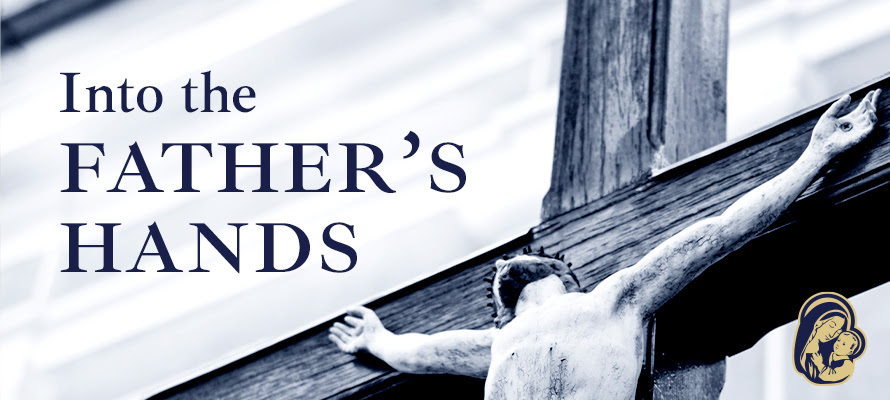In looking at the first Psalm of Sunday Vespers (evening prayer), this catechesis exemplifies St. John Paul II’s approach of carefully analyzing biblical texts, drawing out their moral implications, and ultimately connecting them to Christ and the Church’s liturgical life.
- Prayer as Sacrifice: The central image of the psalm compares evening prayer to incense and sacrifice, creating a bridge between worship and daily life.
“Let my prayer come like incense before you; the lifting up of my hands, like the evening sacrifice.” (v. 2)
- Moral Examination: The psalm functions as an examination of conscience, with the psalmist asking God to guard him from evil attractions and expressing his commitment to choosing God’s ways, as John Paul II says:
“Above all else, the person praying calls upon the Lord that He not permit his lips and the motions of his heart to be attracted and enticed by evil, thus inclining him to commit ‘wicked deeds’.”
- Rejection of Evil: The psalmist forcefully disassociates himself from evildoers, refusing to be complicit with their actions:
“The person praying starts by bursting out with a passionate declaration that he will not associate with the evildoer; he will not be a guest of the sinner…”
- Trust in Divine Protection: The psalm concludes with an expression of confidence that God will protect the faithful from the traps set by the wicked:
“It is a hymn of faith, thankfulness and joy in the certainty that the faithful one will not be engulfed by the hatred that the perverse reserve for him and will not fall into the trap they set for him…”
- Christological Interpretation: The Pope concludes by quoting John Cassian’s reading of the psalm in light of Christ’s sacrifice:
“One perceives an allusion made to the evening sacrifice in a more spiritual way, brought to fulfilment by the Lord and Savior during his Last Supper and consigned to the Apostles when he sanctioned the beginning of the Church’s holy mysteries.” And that Last Supper is linked “to that same sacrifice that he offered of himself the following day in the evening, with the raising of his own hands: a sacrifice prolonged until the end of time for the salvation of the whole world.”
You are invited to meditate on Psalm 141.
Read the Catechesis of St. John Paul II on Psalm 141 “Prayer in danger”
The Psalms and Canticles take us on a journey into its interior, a pilgrimage whereby we reflect on these poetic prayers, which God has sealed with his inspiration. They are invocations which the Lord himself desires should be addressed to him, for he loves to listen to them, hearing in them the heartbeat of his beloved children.
